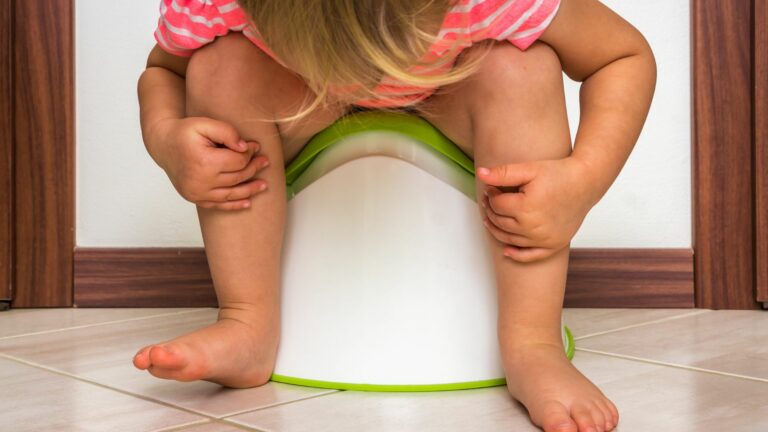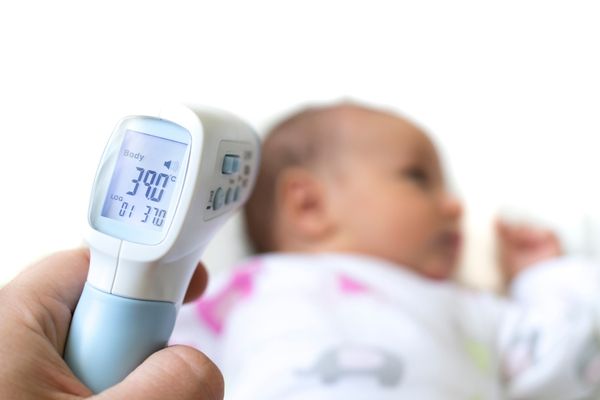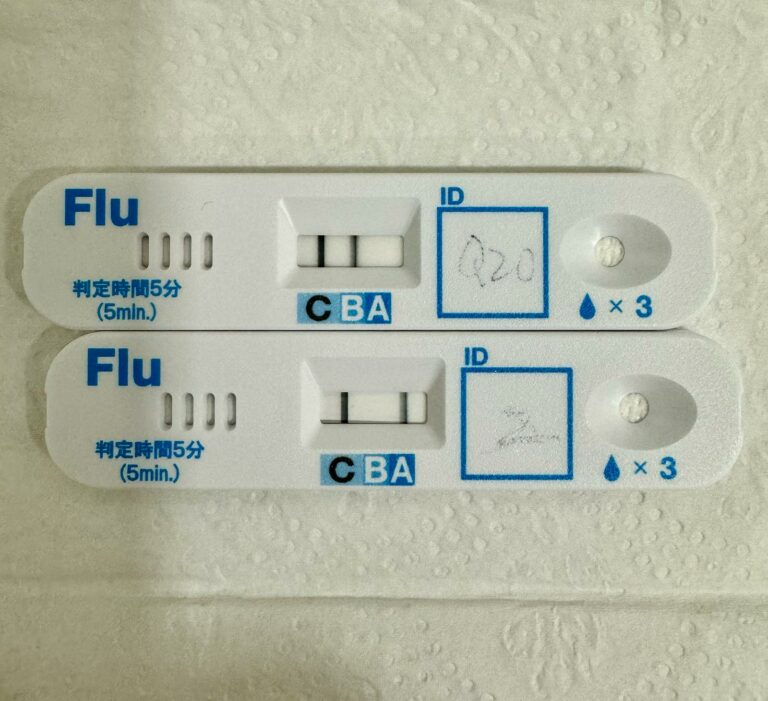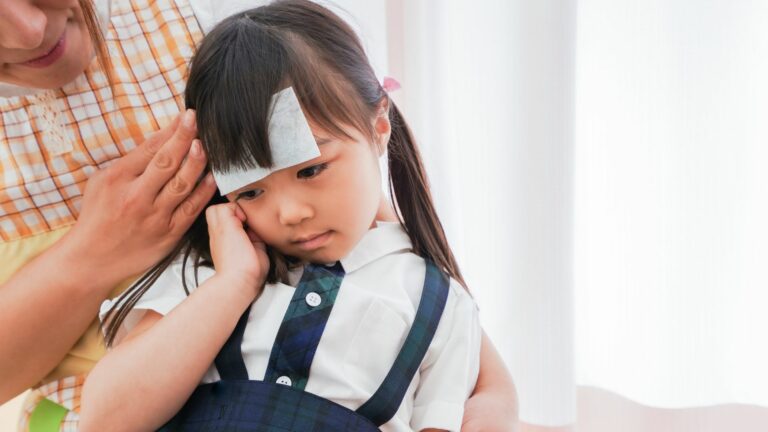Managing a vomiting child at home is never easy, especially if you are worrying about your child’s poor food intake and also perhaps some weight loss that you might see your child experiencing. Here is a comprehensive guide on what to do when your child is vomiting at home, what to look out for and when you should get help if you cannot manage.
How can I stop my child from vomiting at home?
First and foremost, do not force down food if your child is vomiting. Hold off any solid food and first attempt at giving sips of water. That is your first step at gauging how much fluids your child can take without vomiting.
What helps a child stop vomiting?
Before thinking about feeding your child anything, to first stop any vomiting, hold off any food, solids or liquids. Remember to check that your child is not too dehydrated first, by taking note of how many diapers he or she has passed so far – is it like what it usually is or it is a lot less than usual? If your child is very dehydrated, you might not want to try home remedies and quickly bring your child to a doctor. Simply by not feeding anything, your child might stop vomiting.

What is the fastest home remedy to stop vomiting?
Try some home remedies by giving small amounts of liquid. For babies or for kids, try one tablespoon of water first and monitor for any vomiting. Even better if you could include some oral rehydration salts inside the water, for instance repalyte or hydralyte.
Monitor for about 15-20 minutes for any vomiting. If there is no vomiting, try another 1 tablespoon again. At this point in time, there might be a real urge for you to squeeze in more down, either more liquids or even start trying solids but do not do so. Slow and steady does it.
If your child still vomits after the initial 1 tablespoon, then wait another 20-30 minutes and resume trying again. It sounds like a slow painful process but it is the best way to get your child to stop vomiting. For older kids, you could also try diluted juice or some clear soup, just avoid milk. Remember what you feed is as important as the quantity you give.
If there is no vomiting with these small challenges, after about 2-3 hours, you can consider increasing the quantity to perhaps a cup of water or clear soup. Try not to increase too quickly too soon or it may precipitate the vomiting again.
What is the best drink to stop vomiting?
As I mentioned, technically the best way to stop vomiting is to stop the drinks or food. However, the best drink to help with vomiting are electrolyte supplements like repalyte, hydralyte or oralyte. For home remedies, you can consider just water, isotonic drinks, clear soup, ginger tea or diluted juices.

What cures vomiting fast?
The fastest way to cure vomiting would be to administer anti-vomiting medications. If you visit a doctor, this could look something like anti-vomiting medications or sometimes cough medications can suppress the vomiting reflux. In severe cases, your doctor might even insert a suppository for your child to stop vomiting but this could take up to an hour to work.
For our pediatric patients in the clinic, we may insert the suppository (medication in the backside), if the child keeps vomiting. Also, after inserting, we will educate parents on what time is appropriate to start giving sips of water and food after that.
What do you give a child after vomiting?
Apart from the home remedies suggested above, this short section has some suggestions on appropriate medications that you can give (after visiting a doctor), to your child to stop vomiting.
What not to give a child who is vomiting?
Do not give the child any food at all or too much water in one go. Right after a vomiting episode, hold off anything for about 30 minutes. Then try giving your child a tablespoon of liquid like I mentioned above and monitor for 15 minutes.
What to give a child for an upset stomach and vomiting?
By reducing the intake for a vomiting child, it might help with the upset stomach as well. Be wary that some anti fever medications like ibuprofen can sometimes worsen the stomach upset especially when it is empty.
There are some tummy pain (anti-colic) medications that can sometimes help with the pain or even antacids if it helps children with reflux symptoms. If in doubt in terms of appropriate diet to give, avoid dairy and citrus fruits, try clear soup or oral rehydration salts as suggested above.

What medicine to give for a vomiting child?
There are some medications that are anti-emetic or anti-vomiting that can be prescribed by your doctor. Alternatively, sometimes doctors prescribe certain types of cough syrup that not only suppressed cough but vomiting as well. See your doctor to ask more.
Also for severe cases, there are suppositories your doctor can give to stop the vomiting if your child cannot tolerate even sips of water. Injections are generally not recommended for young children.
What to do when a child vomits at night?
Firstly, try to calm the child down because vomiting at night can be very distressing and they may start crying after vomiting, which can exacerbate the vomiting. Do not rush to feed them anything. Just clean your child up, remove the dirty clothes and wipe him or her down with a warm towel, it will make them feel better and help with them going back to sleep.
Should a child lay down after vomiting?
After the vomiting and crying have stopped and you have cleaned up the child, consider giving just sips of water (about 1 tablespoon like I mentioned above) and monitor for about 15 to 20 minutes. If there is no more vomiting, you can put your child back in bed and get him or her to lie down. Make sure the child is lying down on his or her back, not on her stomach.
Should a child sleep after vomiting?
Sleeping can actually help with stopping the vomiting, but before coaxing your child back to sleep, try calming them down for a while. After the wipe down and the sips of water mentioned above, you can also do a shortened version of the usual bedtime routine you have with your child to ease him or her back to sleep. If the vomiting has stopped then your child should go back to sleep.

What treatment to give a child who is vomiting at night?
If the vomiting is difficult to manage or there are repeated awakenings from vomiting, you might have to give some medication to stop the vomiting with sips of water. You could give the anti-vomiting syrup or in severe cases, a suppository to stop the vomiting. All these can be obtained after seeing a doctor, for appropriate dosing and usage.
What causes a child to throw up without fever?
Children can fall sick with stomach flu with or without fever, this can cause them to throw up even without fever. Check temperature regularly and also monitor whether the child is dehydrated by seeing the quantity taken during mealtime and the frequency of urination.
What causes a child to throw up randomly?
Apart from the common stomach flu, there are many other possible causes of vomiting, which is sometimes not very apparent initially. Vomiting could be from other infections like flu infection, urinary tract infection, ear infection or even as serious as an infection of the brain lining. It might be a symptom that arises from the discomfort caused by infection elsewhere in the body.
Why is my child vomiting with no other symptoms?
If your child is vomiting with no other symptoms and it appears to be worsening, the considerations are as mentioned above, which is likely some ongoing infection, it would be prudent to bring your child to see a doctor to not only evaluate for dehydration but also for the cause of the vomiting. Even for stomach flu, children can have vomiting with no other obvious symptoms like diarrhoea or tummy pain.
How long should vomiting last in a child?
It should not last more than 1-2 days, as opposed to other symptoms if the child has stomach flu, like diarrhoea. Vomiting in a child should ease with appropriate management of fluid and solid intake, sometimes even without the need for medications. The most common cause of the vomiting not resolving is from excessive feeding from parents. Manage it as I mentioned above and it should not last for more than 2 days. If it does, then bring your child to see a doctor and evaluate for ongoing causes that may need treatment, in order for the vomiting to resolve.

What do you give a child with diarrhea?
Similar to what was mentioned above, supplement with oral rehydration salts to help with replenishment loss of fluid from diarrhoea.
Generally for children having diarrhoea, avoid concentrated juices and oily fried food. Unfortunately, for many small children, milk is a part of their staple diet so it is not advisable to completely stop their milk intake.
How do I stop my child’s diarrhea fast?
Diarrhoea in children takes quite a bit longer to resolve than diarrhoea in adults. Like I mentioned, because milk is an essential component of their usual diet, it is also one of the reasons why the diarrhoea takes longer to recover. Anti-diarrhoeals that are given in adults are also often not advisable in kids, but probiotics will help to stop the diarrhoea.However, it will not be fast.
Some other considerations would be that sometimes parents choose to switch their child’s milk diet to soy milk, often with variable outcomes. If your child is generally a fussy eater, you might have a lot of difficulty switching back and forth between different types of milk. So it is ok to keep to his or her usual milk diet but know that the diarrhoea might take a while longer to clear.
When should I be concerned about my child’s diarrhea?
The diarrhoea in a young child can take up to 1 week to completely clear, from watery to loose to pasty to semi-solid and back to normal again. If over the course of 1 week, the consistency is improving then I would not worry too much about the duration. Throughout, make sure your child is taking enough orally, in terms of fluids and solids, as long as there is sufficient replacement, there is less worry about dehydration.
Other important complications to look out for because of the prolonged diarrhoea is diaper rashes and possible urinary tract infection. Remember to constantly check on the diaper region during the period of diarrhoea and not wash the groin too many times or use strong alcohol as it may worsen the rashes.You might also need more use of diaper cream to prevent diaper rash. Also, if the diapers are not changed in a timely manner, sometimes children can get urinary tract infection, presenting with fever and crying when passing urine.

How long is too long for a 1 year old to have diarrhea?
Having mentioned that the diarrhoea could last up to a week, so if it lasts longer than that, for more than a week, it would be prudent to bring your child to see a doctor (a second visit if need be). Also remember to constantly check on the groin region and hydrate your child on a regular basis.
Conclusion of Vomiting in Children
Hope this has been helpful in managing your child’s vomiting at home and also the appropriate steps to take next and when to do it. Always remember at the back of your head, what are the situations to bring your child to see a doctor or even go to the hospital.
Remember to always seek help with your trusted doctor, whether it be your GP or your pediatrician, if you have any doubt at all.
At Paddington Medical Clinic, both Dr Zhang Huipei and Dr Lee Joon Loong are comfortable with treating common conditions such as fevers, runny nose, common cold, diarrhoea, rashes, in children. Being parents ourselves, we understand the anxiety of most parents, and we will do our best to help you help your child manage his or her fever.
If you need to find us in Paddington Medical Clinic, just walk in during our clinic opening hours, or alternatively you can always book an appointment below.

GET IN TOUCH
Schedule a Visit

Dr Zhang Huipei
Medical Director
MBBS (Singapore)
Graduate Diploma in Family Medicine
Family Physician
Dr Zhang is in Clinic on Monday, Tuesday, Thursday and Saturday.

Dr Lee Joon Loong
Medical Director
MBBS (Australia)
Graduate Diploma in Geriatric Medicine
Designated Workplace Doctor (CAW)
EIMS Primary Care Physician
Certificate Course in Andrology (Men’s Health)
Dr Lee is in Clinic on Monday, Wednesday, Friday, Saturday and Sunday.






